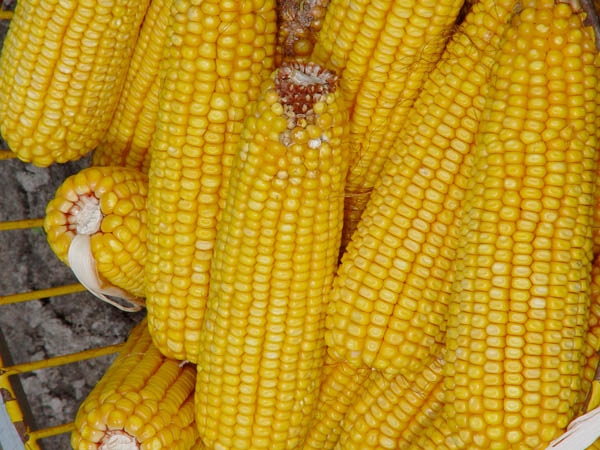
Ethanol and food prices: What the experts say
Recent news stories about higher food prices often try to make a connection between food prices and the demand for ethanol, an incorrect assumption on the part of the ethanol opponents that significantly downplays all the impacts and pressures that affect food prices. Studies after the 2008 spike in corn prices help demonstrate this, according to the National Corn Growers Association.
January 4, 2011

Recent news stories about higher food prices often try to make a connection between food prices and the demand for ethanol, an incorrect assumption on the part of the ethanol opponents that significantly downplays all the impacts and pressures that affect food prices. Studies after the 2008 spike in corn prices help demonstrate this, according to the National Corn Growers Association.
“It’s an outrage to hear the same claims time after time, blaming corn growers and ethanol producers for the rise in food prices,” said NCGA President Bart Schott. “It’s a rhetoric with no grounding in reality. Our growers are not only producing more corn and meeting all needs, but we are also experiencing some of the same negative factors on their farms, such as higher energy costs, that are driving up food prices around the world.”
Here in the United States, the Congressional Budget Office had already looked into the issue and issued a report in April 2009 that discussed the role of factors such as energy:
“CBO estimates that from April 2007 to April 2008, the rise in the price of corn resulting from expanded production of ethanol contributed between 0.5 and 0.8 percentage points of the 5.1 percent increase in food prices measured by the consumer price index (CPI). Over the same period, certain other factors—for example, higher energy costs—had a greater effect on food prices than did the use of ethanol as a motor fuel.”
Another important factor has been market speculation when it comes to the commodities market. As recently as July 2010, this was emphasized in a report by The World Bank’s Development Prospects Group:
“A stronger link between energy and non-energy commodity prices is likely to be the dominant influence on developments in commodity, and especially food, markets,” wrote John Baffes and Tassos Haniotis. “Demand by emerging economies is unlikely to put additional pressure on the prices of food commodities. The effect of biofuels on food prices has not been as large as originally thought, but that the use of commodities by financial investors (the so-called ”financialization of commodities”) may have been partly responsible for the 2007/08 spike.”
In January 2010, a report for the United Kingdom’s Department for Environment, Food and Rural Affairs struck a similar tone:
“The impact of biofuels on the 2007/08 price spikes is often over-stated. Rather, the evidence suggests biofuels were one of the various drivers of demand in years leading up to the spike, but that many commentators are ascribing too much weight to biofuels as a trigger of the spike.”
You May Also Like



